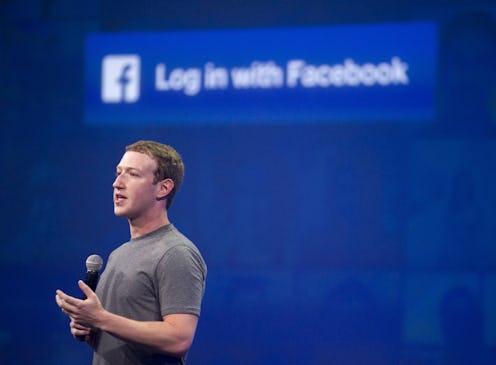News
Mark Zuckerberg Updates The Safety Check Policy
Outrage over possible bias prompted an explanation from Mark Zuckerberg over Facebook's Paris Safety Check feature. People were upset by the implementation of the Safety Check feature — not because it had been used in Paris, but because it had not been used in Beirut where just hours earlier, twin suicide bombs killed 43 and injured 239.
The focus on the attacks in France angered users who felt the plights of other nations were ignored by the media. It began when Zuckerberg utilized Facebook's temporary profile picture feature to overlay the French flag onto his picture, which prompted questions from users about the attention the French terror attack was receiving. One Facebook user called out Zuckerberg's opinion, saying "I refuse to change my profile picture with the France flag colours until Lebanon's flag is added as well! Terrorism is condemned EVERYWHERE, not just where the media chooses to report!"
According to Zuckerberg's comment on his personal post, the feature was previously used only for natural disasters, such as the earthquake in Nepal in April and the earthquakes in Chile and Pakistan in October. Zuckerberg wrote that "many people have rightfully asked why we turned on Safety Check for Paris but not for bombings in Beirut and other places," and explained the reasoning and the future policy.
Until yesterday, our policy was only to activate Safety Check for natural disasters. We just changed this and now plan to activate Safety Check for more human disasters going forward as well.
... We care about all people equally, and we will work hard to help people suffering in as many of these situations as we can.
Facebook's Safety Check was first implemented in the aftermath of the deadly earthquake and tsunami that hit Japan in 2011. In its first incarnation, the feature was a messaging board that allowed users to communicate with others openly. The current version of the feature was launched in October 2014, and it allows users to post a quick update to friends that the user is outside the affected area, or safe within the affected area.
The intensity of the backlash might be a bit undeserved. Paris has a population six times larger than Beirut, not including its massive tourism industry, which brought thousands of people into the city on a busy Friday night. The well-coordinated attacks at several high profile locations in Paris meant massive confusion, so the benefit of the Safety Check was more immediately obvious than in Beirut. France also has over 25 million Facebook users compared to Lebanon's 1.5 million, meaning the efficacy of the policy was much higher for the Paris attacks than it might have been for the Beirut bombing. While it is undoubtedly a beneficial policy change that Facebook will institute the Safety Check feature more often, its necessity in Paris was certainly more apparent.
Social media trends have shown a broader concern for the events of the week than just the terror attacks in France — #PrayForParis was rivaled by #PrayForTheWorld on Twitter and a poem posted on Instagram by Karuna Ezara Parikh, a New Delhi-based blogger, urged people to pray for "a world that is falling apart in all corners."
The attacks in Paris have brought global terrorism back to the forefront of the Western world, and those who live in more war-torn nations have been quick to point out that privilege. Zuckerberg's explanation and Facebook's new policy could start a new level of terrorism awareness that seems desperately needed.
